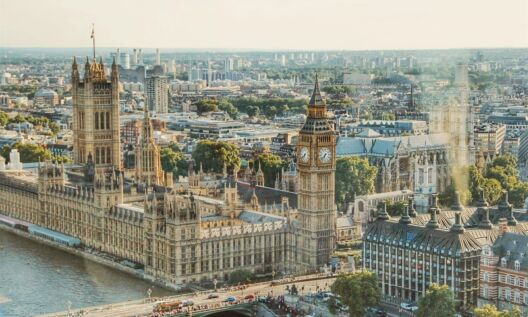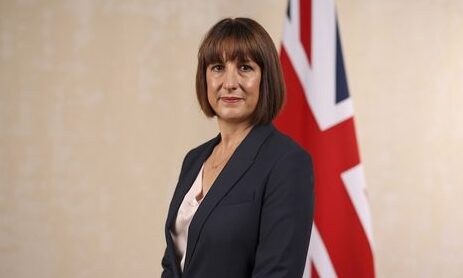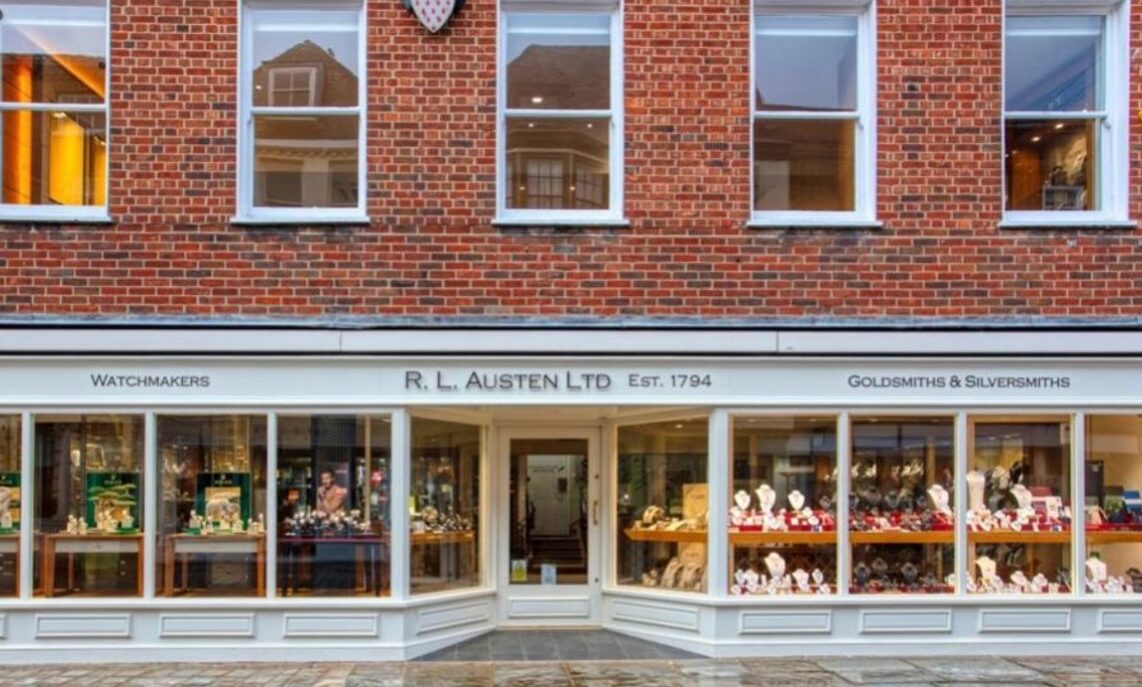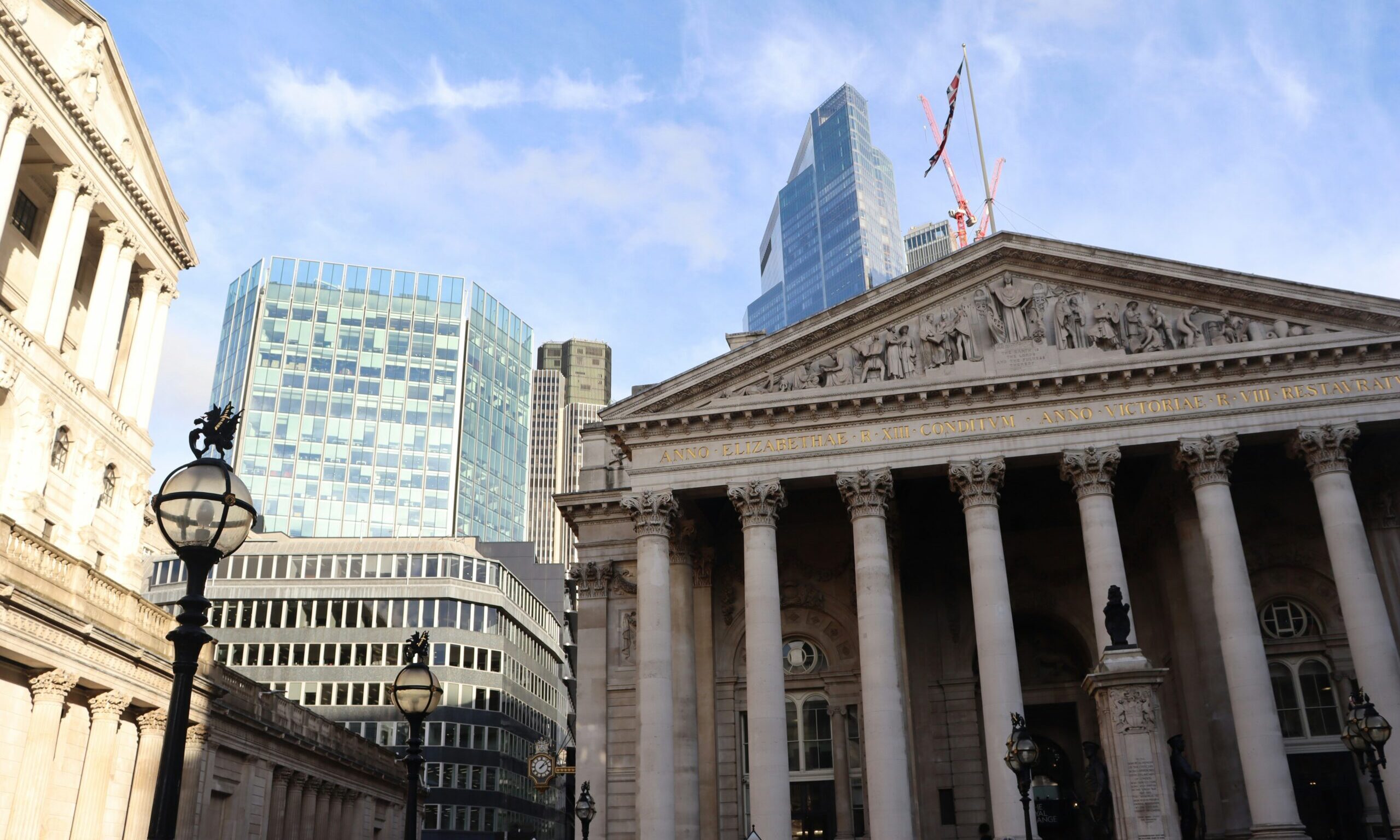Register to get 2 free articles
Reveal the article below by registering for our email newsletter.
Want unlimited access? View Plans
Already have an account? Sign in
Income tax and NI thresholds will be frozen while the minimum wage will rise by 50p from April 2026, the chancellor Rachel Reeves said in her Autumn Budget statement today.
Reeves announced a series of tax changes in other areas, including salary-sacrificed NI contributions on pensions, as part of measures to fill an estimated £20bn fiscal hole, with plans to have national debt falling as a share of GDP by the end of the forecast period.
Announcing the Autumn Budget in the House of Commons today (26 November), Reeves announced that the freeze on tax bands on income tax and National Insurance will be extended for another three years until 2031, raising around £8bn through fiscal drag.
The extension of the freeze on tax bands marks a U-turn for Reeves, who last year pledged that the freeze would end in 2028. Thresholds had previously increased in line with inflation.
Reeves also outlined plans to limit the tax break on pension contributions in a move that could raise up to £2bn.
This means that salary-sacrificed pension contributions above the £2,000 threshold will no longer be exempt from National Insurance, and is estimated to raise £4.7bn in 2029-30 and £2.6bn in 2030-31.
Reeves, who has doubled her fiscal headroom to £21.7bn, maintained that the government wants to make Britain “the best place in the world for business” and will reduce the writing down allowance main rate in corporation tax.
Speaking ahead of the Budget, Reeves said she will “push ahead with the biggest drive for growth in a generation”, adding that “the damage done from austerity, a chaotic Brexit, and the pandemic were worse than we thought”.
The Office for Budget Responsibility (OBR), which leaked the report containing the budget’s measures an hour before Reeves had given her statement, has stated that as a result of the measures, “the tax take will reach an all-time high of 38% of GDP in 2030-31”.
The OBR also confirmed that real GDP is expected to grow by 1.5%, revised up from the 1% growth that was expected in March.
The government confirmed earlier this week that the minimum wage for over-21s will rise by 50p to £12.71 an hour from April 2026, while workers aged 18 to 20 will see their rate increase by 85p to £10.85. It intends to phase out this separate band in favour of a single minimum wage for all adults.
For 16 and 17-year-olds and apprentices, the rate will rise to £8 an hour, up from £7.55, while Reeves also announced that funding for under-25 apprenticeships will be free for SMEs.
The wage increases follow warnings from businesses last year that further wage rises could lead to hiring freezes or job cuts. This includes UKHospitality, which today warned that hospitality businesses could face about £1.4bn in additional wage costs following the rise.
According to UKH, the higher-than-expected uplift for younger workers risked adding pressure to youth employment, days after official data showed almost one million young people not in employment, education or training.
Elsewhere, the government announced a “milkshake tax”, which will see the existing sugar tax, which mainly applies to fizzy drinks, be applied to bottles and cartons of milk-based drinks, including milkshakes, flavoured milk, milk substitute drinks and lattes.
Reeves has also introduced a new mansion tax that will apply to high-value homes worth more than £2m, in a move that will affect around 100,000 homes and raise £0.4bn.
The government is also set to close a tax loophole which UK firms argue gives an unfair advantage to foreign online retailers such as Shein. As it stands overseas retailers can send packages worth less than £135 to the UK without paying import duties, but this is set to end.
Reeves also announced plans to cut the 100% relief on capital gains tax on businesses sold to employee ownership trusts, reducing the relief down to 50%.
The government has also moved to remove the two-child benefit cap and estimates that this will cost £3bn by 2029-30.
There will also be a new mileage tax on electric vehicles (EVs). It will be a 3p per mile tax, and will rise annually with inflation. Fuel duty will also be frozen at its current rate until September 2026. Electricity prices for many manufacturers are also set to be cut as part of the Budget announcement.




















